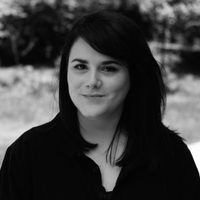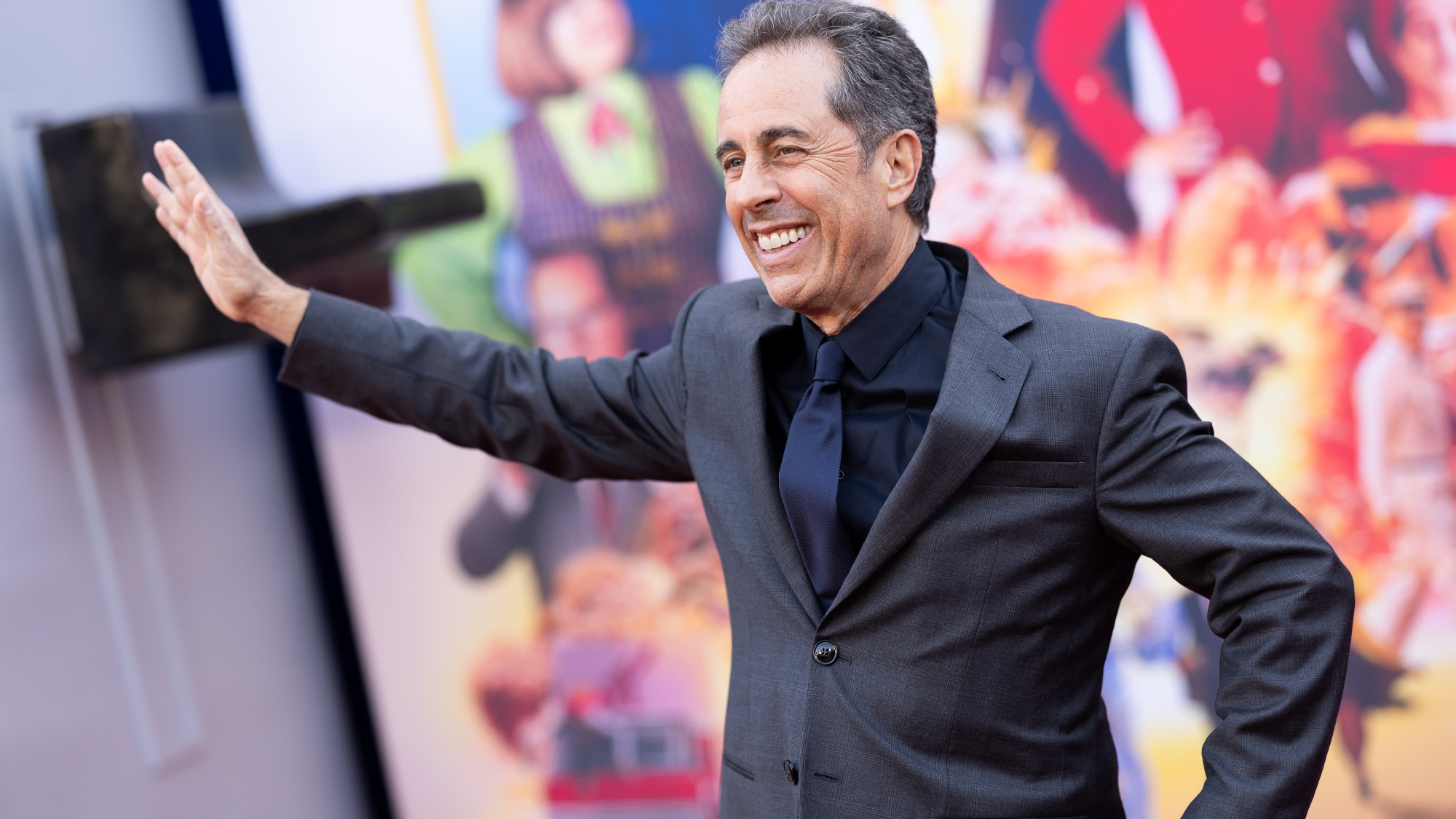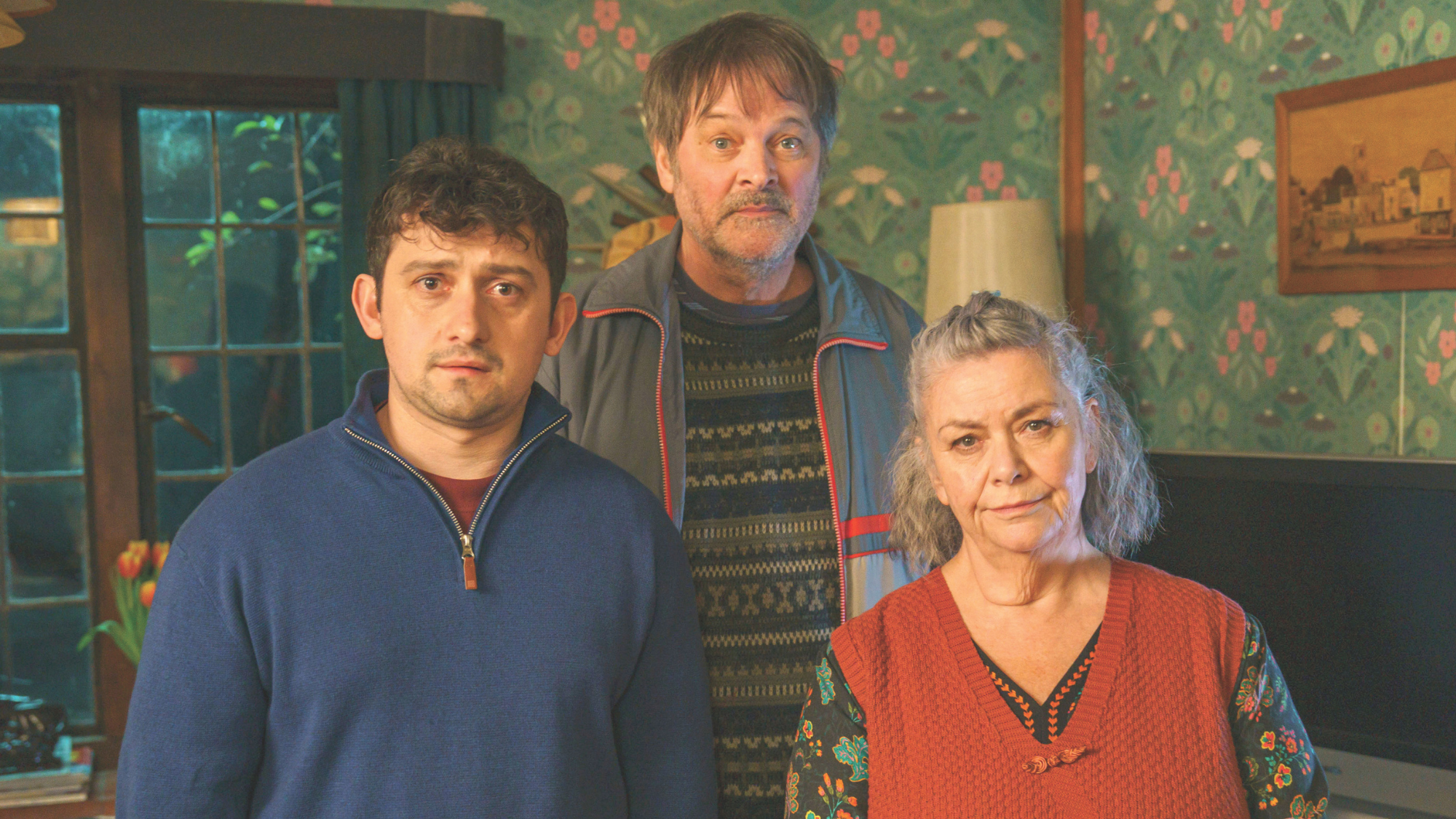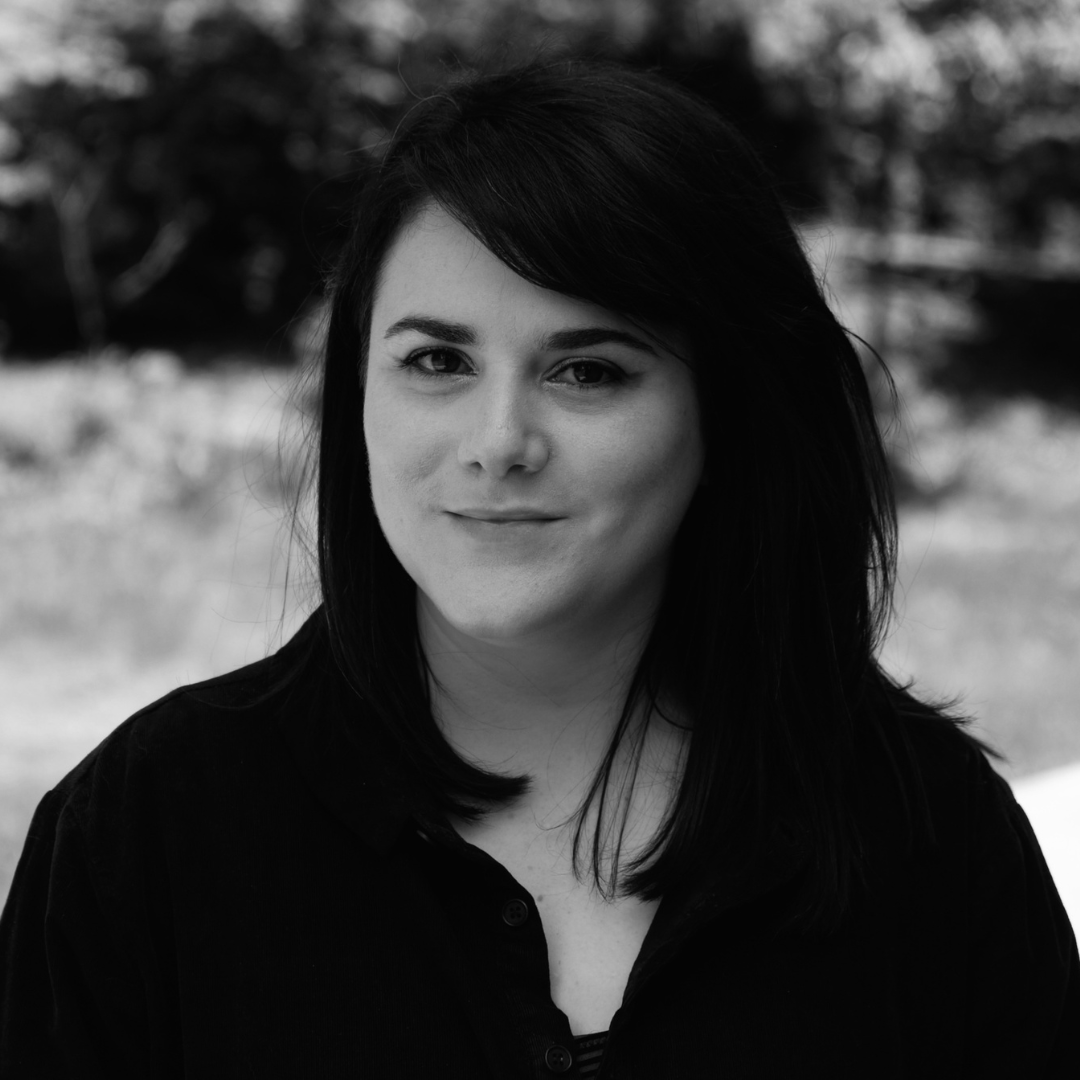Are complaints about wokeness in comedy valid or just the usual 'the olds don't get it' issue?
Jerry Seinfeld has been in the news for his recent remarks, but political correctness has long been criticized for interfering with jokes


A free daily email with the biggest news stories of the day – and the best features from TheWeek.com
You are now subscribed
Your newsletter sign-up was successful
Comedian Jerry Seinfeld recently made headlines for complaining about political correctness in comedy — a topic he has been vocal about for years. In an interview with The New Yorker ahead of his Netflix movie "Unfrosted," Seinfeld declared there has been a dearth of funny TV sitcoms since the days of "Cheers" and "The Mary Tyler Moore Show." "This is the result of the extreme left and PC crap, and people worrying so much about offending other people," he said.
In response, far-right influencers praised the former "Seinfeld" star, while others called him out of touch, a grump or just plain wrong. "An argument that edgy, provocative, politically incorrect comedy has gone extinct is laughably debunkable," said Kevin Fallon at The Daily Beast, before citing a litany of such contemporary shows. After Seinfeld's comments, comedian Jon Stewart touched on the subject while headlining the Netflix Is a Joke Fest. "What are you losing? 'You can't say anything anymore.' What do you want to say?" Stewart said in reference to the protesting humorists. "Honestly, are you that fucking unimaginative that you can't figure it out?"
Same old story
Lots of modern-day comics have blamed political correctness for inhibiting their art. Comedic legend Dave Chappelle faced backlash after mocking trans people in several specials, but refused to alter his material. Ricky Gervais leaned into similar quips. John Cleese said kindness "becomes a sort of indulgence of the most over-sensitive people in your culture." And Bill Maher — host of famed '90s program "Politically Incorrect" — claimed comedians are now too afraid of Twitter mobs to do their jobs.
The Week
Escape your echo chamber. Get the facts behind the news, plus analysis from multiple perspectives.

Sign up for The Week's Free Newsletters
From our morning news briefing to a weekly Good News Newsletter, get the best of The Week delivered directly to your inbox.
From our morning news briefing to a weekly Good News Newsletter, get the best of The Week delivered directly to your inbox.
These protests are nothing new, as political correctness has been a thorn in the side of comedians of every generation. Homophobic jokes, for example, used to be rampant — and still, some comedians complained they were not allowed to talk about gay people. Joan Rivers defended her right to provide catty red carpet commentary about women's bodies in the 2000s, just as Chappelle defends his right to poke fun at trans people now. The scrapple might feel more ubiquitous in 2024, but that is likely due to extended media coverage, not to mention a vocal collective on social media.
There is also an increasingly partisan divide in the U.S., and political correctness often enters the conversation as fodder for either side. "The whole battle over wokeness, it's nothing new," said comedian Patton Oswalt to The Hollywood Reporter. "This happened in the '80s, it happened in the '90s and it'll happen again in another form." He added that comics "have a responsibility to evolve and to try to push things forward. And pushing the envelope doesn't mean digging your feet in."
'The difference now is that there will be people pushing back'
An enormous swath of comedy works because it is mean. Comedy pokes at bruises — but it can also soothe them. "One thing lost in conflating jokes with violence is that comedy can be tremendously healing," said Julian Adorney for The Washington Examiner.
On the other hand, it may be argued that certain kinds of comedy fuel bigotry or normalize hateful rhetoric toward those who are already maligned for their identities. There is a danger in "punching down" when you are an influential millionaire like Dave Chappelle and hundreds of trans people are murdered every year.
A free daily email with the biggest news stories of the day – and the best features from TheWeek.com
Should comedians adapt to changing times? There are plenty working today who have incurred success while being sensitive to their audience (see: Bo Burnham, John Mulaney, Taylor Tomlinson, Tig Notaro). They balance wit with humility and self-awareness, presumably taking public opinion into account when crafting their material.
"Blackface … was considered funny at one time, and I'm positive that, when it fell out of fashion, there was some old white guy complaining about how nothing is funny anymore," said Brian Broome for The Washington Post. "The difference now is that there will be people pushing back .... Those people have always been here. They just didn't have a voice."
"Comedy has always worked better with restrictions," added Oswalt. "Think of the restrictions that Richard Pryor and George Carlin had … they found brilliant ways around [them], that's what made it so fun."
As for Seinfeld’s consistent embrace of misanthropy, "it feels different now, in a darker world," said Slate's Dan Kois. "Is a pure, decent human being really so bad?"
Anya Jaremko-Greenwold has worked as a story editor at The Week since 2024. She previously worked at FLOOD Magazine, Woman's World, First for Women, DGO Magazine and BOMB Magazine. Anya's culture writing has appeared in The Atlantic, Jezebel, Vice and the Los Angeles Review of Books, among others.
-
 The Olympic timekeepers keeping the Games on track
The Olympic timekeepers keeping the Games on trackUnder the Radar Swiss watchmaking giant Omega has been at the finish line of every Olympic Games for nearly 100 years
-
 Will increasing tensions with Iran boil over into war?
Will increasing tensions with Iran boil over into war?Today’s Big Question President Donald Trump has recently been threatening the country
-
 Corruption: The spy sheikh and the president
Corruption: The spy sheikh and the presidentFeature Trump is at the center of another scandal
-
 The 8 best superhero movies of all time
The 8 best superhero movies of all timethe week recommends A genre that now dominates studio filmmaking once struggled to get anyone to take it seriously
-
 Josh D’Amaro: the theme park guru taking over Disney
Josh D’Amaro: the theme park guru taking over DisneyIn the Spotlight D’Amaro has worked for the Mouse House for 27 years
-
 The best fan fiction that went mainstream
The best fan fiction that went mainstreamThe Week Recommends Fan fiction websites are a treasure trove of future darlings of publishing
-
 Can You Keep a Secret? Dawn French’s new comedy is a ‘surprising treat’
Can You Keep a Secret? Dawn French’s new comedy is a ‘surprising treat’The Week Recommends Warm, funny show about an insurance scam is ‘beautifully performed’
-
 Golden Globes affirm ‘One Battle,’ boost ‘Hamnet’
Golden Globes affirm ‘One Battle,’ boost ‘Hamnet’Speed Read Comedian Nikki Glaser hosted the ceremony
-
 ‘One Battle After Another’ wins Critics Choice honors
‘One Battle After Another’ wins Critics Choice honorsSpeed Read Paul Thomas Anderson’s latest film, which stars Leonardo DiCaprio, won best picture at the 31st Critics Choice Awards
-
 The best alcohol-free alternatives for Dry January
The best alcohol-free alternatives for Dry JanuaryThe Week Recommends Whether emerging from a boozy Christmas, or seeking a change in 2026, here are some of the best non-alcoholic beers, wines and spirits to enjoy
-
 13 Gen Z workplace terms and phrases
13 Gen Z workplace terms and phrasesin depth From ‘quiet firing’ to ‘resenteeism,’ there are clues about why employers and employees in America are having such a sad time
